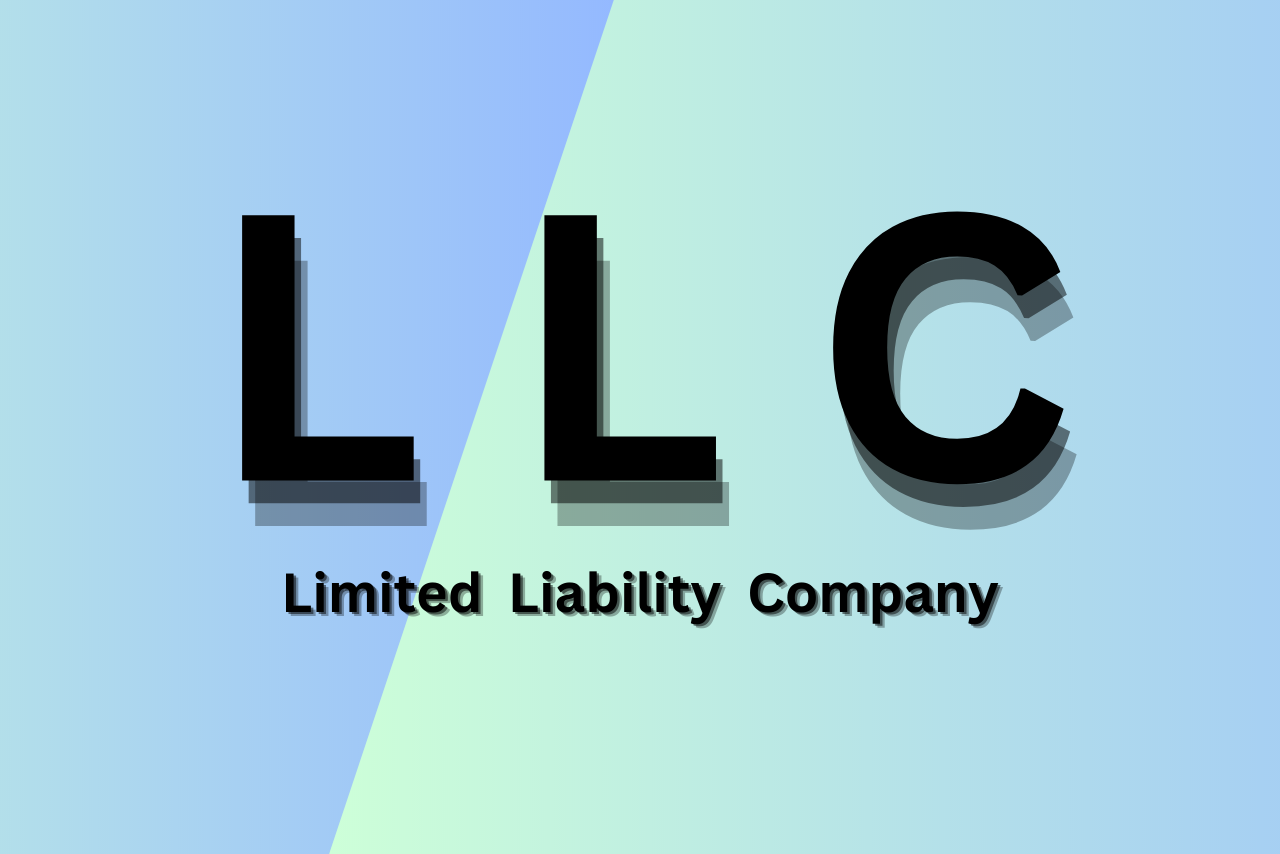Requirements For Setting Up an LLC in New York: A How-To Guide

Setting up an LLC in New York can be an exciting journey, whether you are starting a new business or expanding an existing one. This guide will walk you through the essential steps and requirements, making the process easier to understand. By forming an LLC, you will enjoy the benefits of limited liability protection and the flexibility of a partnership.
This guide covers important topics like choosing a unique business name, appointing a registered agent, and fulfilling ongoing filing requirements. While this guide provides valuable information, consulting with a professional for personalized advice is always wise. Let’s get started on establishing your LLC in New York.
What is an LLC?
Imagine creating a shield that protects your personal assets while giving your business the freedom to grow. That’s exactly what a Limited Liability Company (LLC) does. An LLC is a flexible and popular business structure that combines the best of both worlds: the liability protection of a corporation and the simplicity of a partnership.
Think of an LLC as a legal entity between you and your business. It shields your personal assets, such as your house or savings, from being at risk if the company faces financial difficulties or legal issues. If your LLC runs into trouble, your personal belongings remain safe.
At the same time, an LLC offers flexibility in how it operates. Unlike a corporation, which requires a strict hierarchy and formalities, an LLC lets you customize how you run your business. You can manage it yourself or appoint managers to handle the day-to-day operations.
Is an LLC the right fit for you?
Before setting up an LLC, it’s important to determine whether this business structure aligns with your goals and needs. While an LLC offers several benefits, it may not be the ideal fit for every situation. Below are the advantages and disadvantages of forming an LLC to help you make the right business decision:
Advantages of an LLC
- Limited Liability Protection: One of the primary advantages of an LLC is the limited liability protection it provides. As an LLC owner, your personal assets are separate from the company’s liabilities. This means that your personal belongings, such as your home or savings, are generally not at risk in case of business debts or legal actions against the company.
- Flexibility in Management and Structure: LLCs offer more flexibility than corporations, which often require a rigid hierarchical structure. You can choose how your LLC is managed, whether it’s by the owners themselves or appointed managers. This flexibility allows for a more customized approach to running the business.
- Pass-Through Taxation: LLCs enjoy pass-through taxation, meaning the business’s profits and losses pass through to the owners’ personal tax returns. This avoids the double taxation that corporations face, where the company’s profits are taxed at the corporate level and then again when distributed to shareholders. Pass-through taxation can result in potential tax savings for LLC owners.
- Simplified Compliance Requirements: LLCs generally have fewer compliance requirements and formalities to fulfill compared to corporations. This simplifies ongoing administrative tasks and reduces the associated costs and paperwork burden.
Disadvantages of an LLC
- Self-Employment Taxes: LLC owners are typically subject to self-employment taxes, which cover the employer and employee portions of Social Security and Medicare taxes. This can result in higher tax obligations compared to certain other business structures.
- Limited Life Span: An LLC has a limited life span in some states, including New York. If an owner leaves the company or sells their interest, the LLC may need to be dissolved or restructured. However, this can be mitigated by including provisions for continuity in the operating agreement.
- Additional Complexity in Some States: While LLCs are generally straightforward to form and operate, some states have additional requirements or fees that can add complexity and cost. It’s important to research and understand the specific regulations in your state, such as New York, to ensure compliance.
What is the eligibility for an LLC in NY?
Forming an LLC in New York is generally open to numerous individuals and entities. Here are the key eligibility requirements:
- Age and Legal Capacity: To establish an LLC in New York, you must be at least 18 years old and have the legal capacity to enter into contracts.
- Domestic or Foreign: You can form a domestic LLC in New York if you have a physical presence and conduct business within the state. You can form a foreign LLC if you already have an LLC registered in another state and want to expand into New York.
- Registered Agent: Every LLC in New York must appoint a registered agent. This can be an individual or a business entity that is authorized to receive legal and official documents on behalf of the LLC.
- Unique Name: Your LLC’s name must be unique and distinguishable from other registered businesses in New York. You can check the availability of your desired name through the New York Department of State’s online database.
- Filing the Articles of Organization: To officially establish your LLC, you must file the Articles of Organization with the New York Department of State. This document includes essential details about your LLC, such as its name, address, purpose, and the names of its members or managers.
Meeting these eligibility requirements will set you on the path to forming your LLC in New York.
8 Steps to Set Up Your LLC in NY
Following the below-mentioned steps will help you to get more knowledge about the process. Here are the 8 steps that you need to know about the process of setting up an LLC in NY:
Naming Your LLC
Choose a unique name for your LLC that complies with New York’s naming requirements, such as avoiding prohibited words like “bank” or “insurance” and ensuring it reflects your business’s identity.
Set up an Address
Provide a physical address in New York where your LLC can be located. It can be your office address or the address of a registered agent. Having a reliable and accessible address is crucial for receiving important mail and legal documents related to your business, ensuring effective communication and compliance with New York state regulations.
File Your Articles of Organization
Prepare and file the Articles of Organization with the New York Department of State, officially establishing your LLC and including vital information like the business’s name, purpose, and members’ names. This crucial step solidifies your LLC’s legal existence, providing a clear framework for its operation and ensuring compliance with state laws.
Obtain New York’s State Permits
Depending on your business activities, you may need specific permits or licenses at the state level. Research and obtain any required permits to comply with New York’s regulations. This may include permits related to health and safety, professional licenses, sales tax permits, or specialized industry permits, ensuring your business operates legally and meets all necessary requirements.
Publish an LLC Formation Notice
In certain cases, you may need to publish a notice of your LLC’s formation in designated newspapers as required by New York law. Check the publication requirements and fulfill this obligation if necessary. This public notice informs the community and interested parties about establishing your LLC, demonstrating transparency and fulfilling the legal requirements for LLC formation in New York.
Choosing a Registered Agent
Appoint a registered agent who will serve as the LLC’s point of contact for legal documents, ensuring they have a physical address in New York to receive important notices. A registered agent can be an individual or a professional registered agent service that offers reliable and confidential handling of legal correspondence on behalf of your LLC.
Operating Agreement
Although not required by New York law, creating an operating agreement is highly recommended. This document outlines the ownership structure, rights, and responsibilities of LLC members.
Stay Active
To maintain your LLC’s good standing, fulfill annual requirements such as filing the Biennial Statement and paying any necessary fees. Additionally, keep your LLC’s information up to date with the New York Department of State.
Stay On Top of Federal Requirements
Remember that forming an LLC in New York also involves federal obligations. Stay informed about federal tax requirements, obtain an Employer Identification Number (EIN) if needed, and fulfill any necessary federal filings to remain compliant.
Conclusion
Setting up an LLC in New York can be an exciting and rewarding endeavor. By following the steps outlined in this guide, you can confidently navigate the process and establish a strong foundation for your business. Remember, while this guide provides valuable information, seeking professional advice, especially regarding legal and financial matters, is always advisable.
If you need assistance with the formation of your LLC or ongoing compliance requirements, consider partnering with a trusted service provider like Windsor Corporate Services. With their expertise and experience in assisting businesses in New York, they can help streamline the process, ensure accuracy, and provide guidance tailored to your specific needs.
Ready to set up your LLC in New York with ease and confidence? Partner with Windsor Corporate Services for any NY LLC publishing requirement. Contact us today to benefit from our expertise in LLC formation and ongoing compliance. Let us handle the complexities while you focus on growing your business. Visit our website or call us now to get started!

